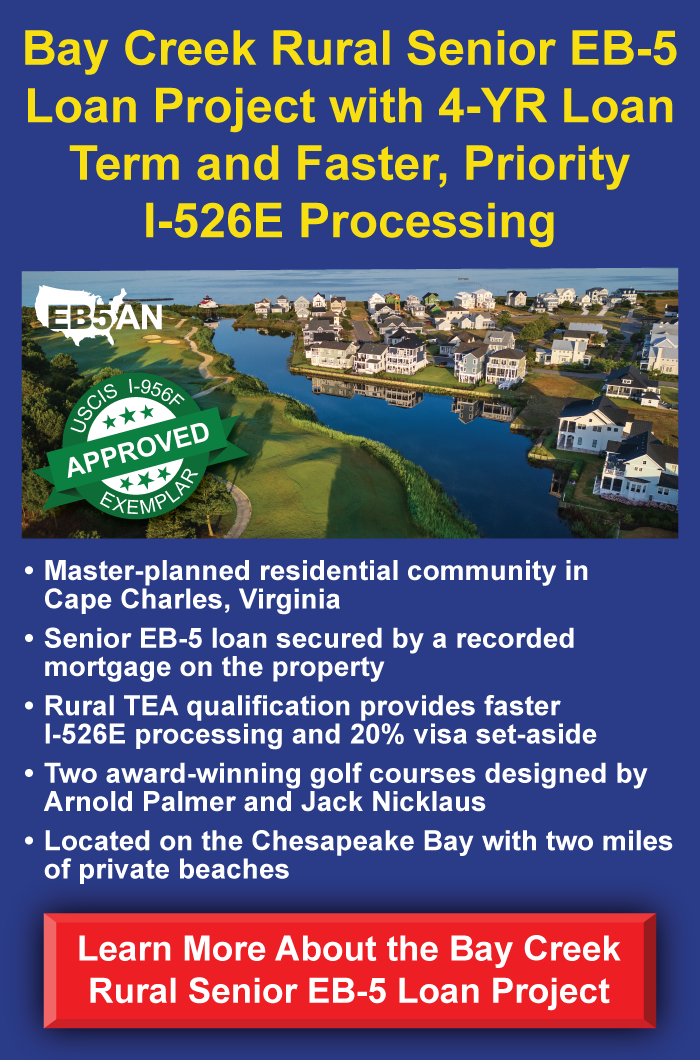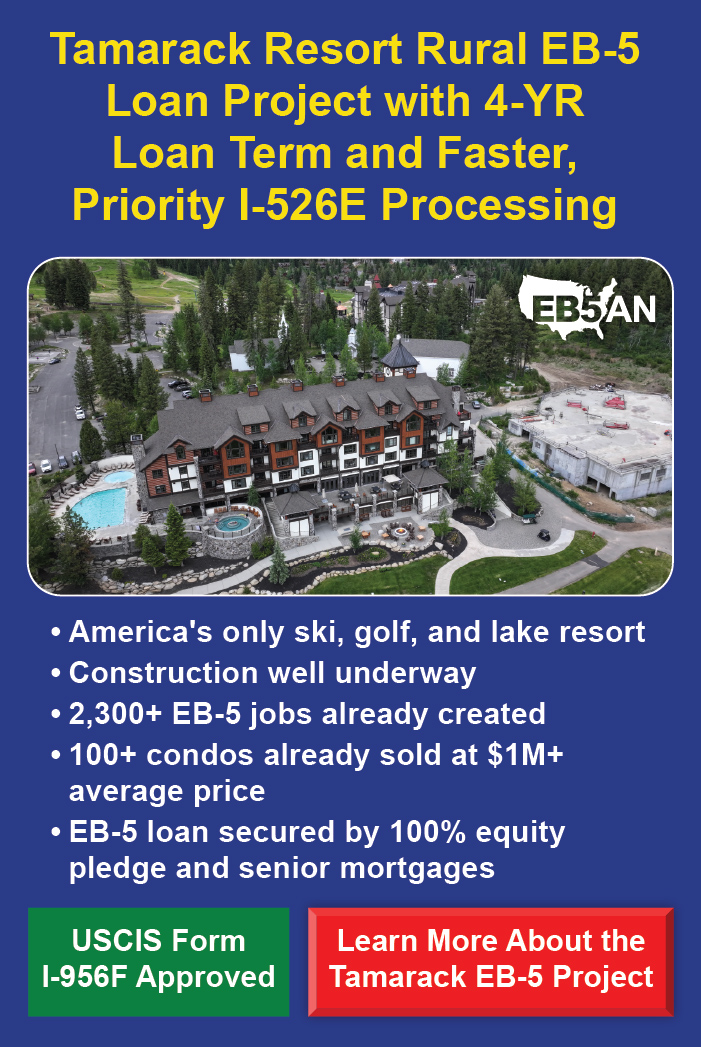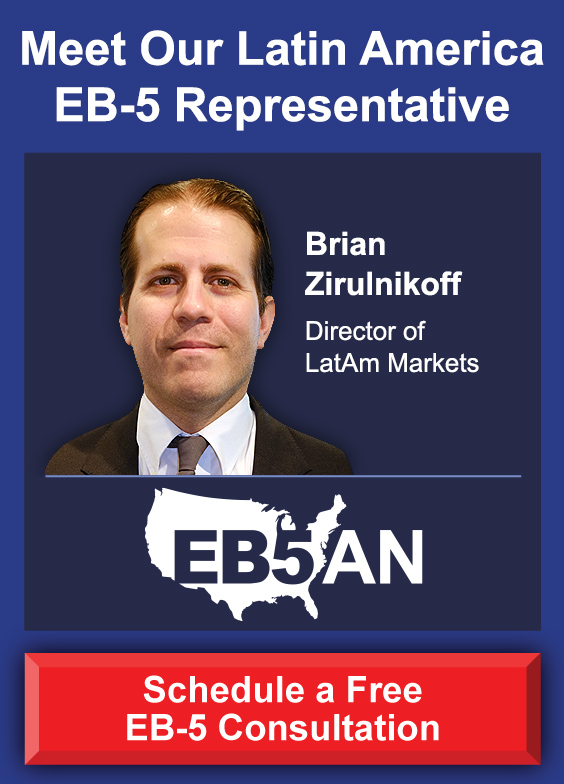Entrepreneurs around the world aim to relocate to the United States for a better and freer life with unlimited business opportunities. With top-quality universities, state-of-the-art health facilities, and unbeatable freedoms, the United States promises immigrants a better and brighter future for themselves and their families. The United States offers a wide range of start-up visas for entrepreneurs and investors, so individuals who wish to start a business, invest in U.S. workers, or otherwise live and conduct business in the United States have plenty of choice.
The following visas are available to eligible immigrants:
- EB visas
- H-1B visa
- E-2 Treaty Investor visa
- L-1 visa
- O visas
Immigrant Visas vs. Nonimmigrant Visas
Not all visas are equal, and different visas offer immigrants different rights and privileges. They can broadly be broken up into two classes: permanent resident visas and nonimmigrant visas. Permanent resident visas, also known as immigrant visas, grant the holder permanent resident status, allowing them to live in the United States indefinitely and live, study, and work freely. Nonimmigrant visas allow people to enter the country temporarily for a specific purpose, such as tourism, education, or employment.
Visas for Foreign Entrepreneurs and Investors
Foreign nationals seek to come to the United States for a variety of reasons, so visa programs are available to cover a wide range of needs. Below are some of the best visas for entrepreneurs and investors.
EB-1 Visa: Immigrants with Exceptional Abilities
EB (employment-based) visas are meant for foreign nationals who are looking to work permanently in the United States. There are five different EB visas, ranked in order of preference, and all require specific or highly advanced skills. The first one, the EB-1 visa, focuses on three different classes of individuals:
- Those with exceptional ability in the sciences, arts, education, business, or athletics, recognized by national or international acclaim (job offer not required)
- Extraordinary professors or researchers who are pursuing tenure
- Managers or executives of multinational companies
Requirements vary based on the type of EB-1 visa a foreign national applies for.
EB-2 Visa: Highly Skilled Immigrants
The second-preference EB visa is the EB-2 visa, which is fairly similar to the EB-1 visa. It also requires a high level of skills, but applicants may need to provide more evidence to prove their skills. Individuals in one of the following categories may apply for an EB-2 visa:
- Those with a job offer that requires an advanced degree or a level of experience that equates to an advanced degree
- Those with exceptionally high skills in the sciences, arts, or business
- Those who request the labor certification (PERM) to be waived because their working in the United States would be beneficial to the country
The evidence that each applicant is required to provide differs depending on their unique situation. An applicant may need to provide proof of their experience or present copies of their degree certificates or professional licenses. An EB-2 applicant is also permitted to apply for visas for their spouse and unmarried children under the age of 21.
EB-3 and EB-4 Visas: Immigrants Addressing Skills Shortages and Special Immigrants
The EB-3 visa is also available to professionals, skilled workers, and certain unskilled workers. The skills requirements are not as strict as they are for the EB-1 and EB-2 visas, but the workers should perform jobs no qualified U.S. workers are available for.
The EB-4 visa is available for special immigrants, which include religious workers, broadcasters, international employees of the U.S. government abroad, members of the armed forces, and Afghan and Iraqi translators. The full list of qualifying EB-4 immigrants is available on the USCIS website.
EB-5 Visa: Immigrant Investors
The final EB visa is the EB-5 visa from the EB-5 Immigrant Investor Program. The EB-5 visa focuses on foreign investors, who can gain a U.S. green card by investing, either directly or via a regional center, in a qualifying EB-5 project.
Both investors and immediate family members—their spouse and unmarried children younger than 21—are eligible to receive U.S. permanent resident status if the investment fulfills EB-5 criteria, including the following:
- The investment amount must be at least $1.8 million or $900,000, depending on whether the EB-5 project is in a targeted employment area (TEA).
- The investor must provide evidence that their EB-5 capital has come from lawful sources.
- The investor must keep their investment capital at risk throughout the investment period.
- The investment capital must fund the creation of at least 10 new, full-time jobs for U.S. workers.
The EB-5 program is generally seen as one of the fastest and easiest ways to immigrate to the United States, although processing times can vary based on the investor’s country of origin.
H-1B Visa: Specialty Occupations
The H-1B visa is a nonimmigrant visa available for those who land U.S. employment in a “specialty occupation.” To apply for an H-1B visa, the applicant must have already been offered a job, and the employer must sponsor the applicant to receive the visa. To qualify for an H-1B visa, applicants must generally have a bachelor’s degree or equivalent experience, and the employer must have been unable to find a U.S. worker or resident for the position. The visa process can take a long time, with a delay of several months before the applicant is able to begin working.
E-2 Visa: Treaty Investors
Like the EB-5 visa, the E-2 visa is available to foreign nationals who invest in a U.S. business. In the case of the E-2 visa, eligibility is determined by treaties the United States maintains with the applicant’s country, which means only investors from specific countries are eligible. The EB-5 visa, in contrast, is open to investors from any country.
The E-2 visa does not stipulate a specific amount to invest, like the EB-5 program does, but the investment must qualify as “substantial” according to the Foreign Affairs Manual and relevant U.S. statute and regulations. Applicants are also required to own at least 50% of the business or operational control. This further distinguishes the E-2 visa from the EB-5 visa, since EB-5 regional center investors are not required to engage in managerial work at their new commercial enterprise.
L-1 Visa: Intracompany Transferees
L-1 visas are used to allow employees of a multinational company to transfer from foreign branches, affiliates, or subsidiaries to the United States. It comes in two varieties: the L-1A visa, which is designated for executives and managers, and the L-1B visa, which is for employees with specialized knowledge who are not necessarily managers.
The O-1 Visa: Individuals with Extraordinary Ability or Achievement
The O-1 visa is similar to the EB-1 and EB-2 visas in that it targets foreign nationals with exceptional skill or achievement recognized by national or international acclaim. It is a nonimmigrant visa that allows the applicant to reside temporarily in the United States to work in their field of exceptional talent. The individual must work in either education, business, athletics, the sciences, the arts, or the motion picture industry.
O-2 and O-3 visas are available to allow people close to the O-1 applicant to temporarily relocate to the United States with them. The O-2 visa is allocated for those deemed “essential” for the O-1 visa holder’s work, such as the agent of an actor, while the O-3 visa allows the O-1 visa holder’s spouse and children to move with them.
What’s the Best Option for You?
The United States offers many ways for entrepreneurs and investors to immigrate, but not all paths are viable for all entrepreneurs. Carefully consider what your needs and goals are—do you want to immigrate to the United States permanently? Are you seeking a high-end job for highly skilled individuals? Are you looking to start a business in the United States? Would you like to make an investment in a U.S. commercial enterprise? Whether you opt for the O-1 visa or the EB-5 visa, it’s important to carefully consider your options, ideally with an immigration attorney.










